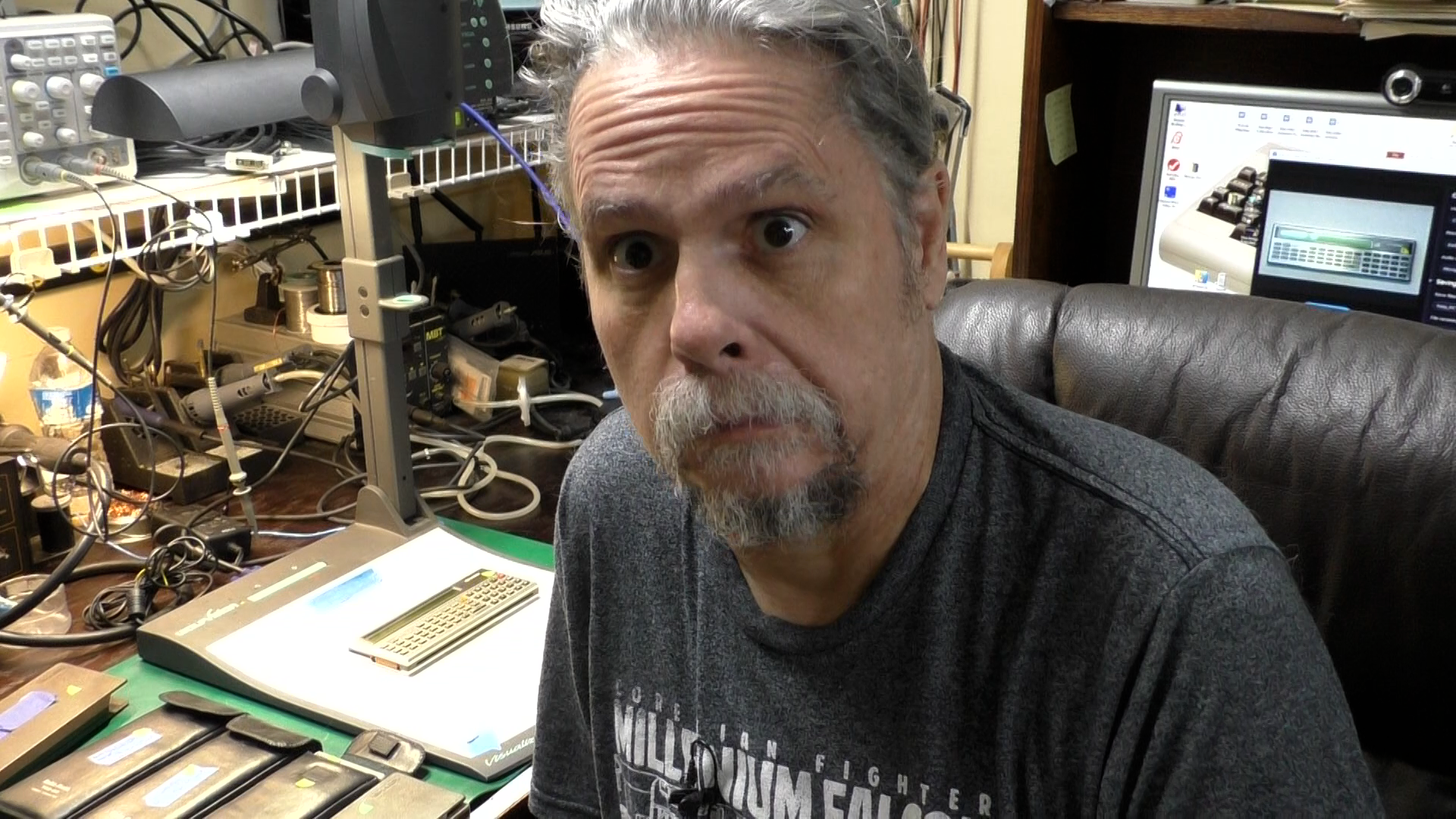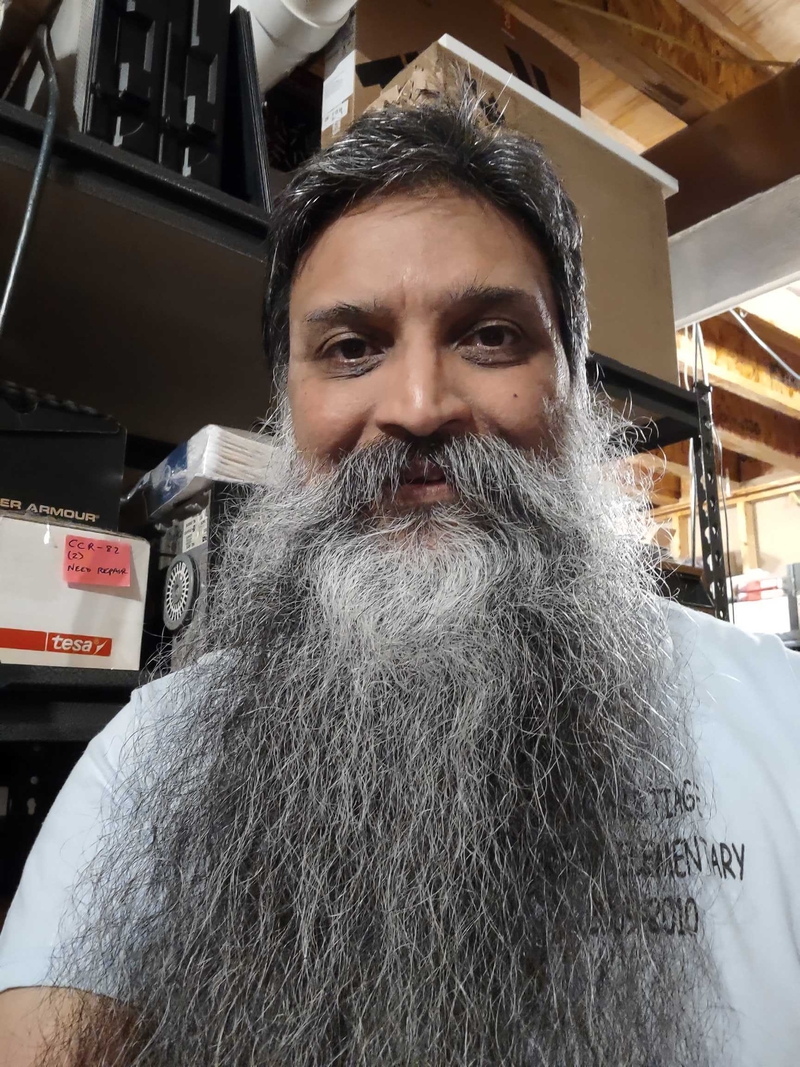Tandy Tech Track
Tandy Tech Track is our special Friday event which consists of a set of highly-technical and informative classes taught by some of the leading figures in the vintage Tandy Radio Shack TRS-80 community. The Tech Track classes will be held in the speakers room. There is an additional cost to attend Tandy Tech Track on Friday.
Fees
- Tandy Tech Track Attendee: $30 includes one entry fee for all 3 days
- Tandy Tech Track Exhibitor: $50 includes one exhibitor table and one entry fee for all 3 days
- All proceeds pay for the costs of running the event.
Please pay via PayPal to tandyassembly@gmail.com
The Classes
TTT101
Title: Using a Logic Analyzer to Understand and Troubleshoot TRS-80s
Instructor: Tim Halloran
Home: Pittsburgh, PA

Abstract: You want to understand the hardware in your TRS-80 better or perhaps fix it. What can you do? This talk will introduce using a logic analyzer -- to help diagnose retro computer problems and better understand your TRS-80. My objective is to introduce you to this powerful tool, pass along a bit of what I've learned, and jumpstart you toward effective logic analyzer use.
Bio: Tim Halloran has a Ph.D. in Software Engineering from Carnegie Mellon University, a M.S. in Computer Engineering from the U.S. Air Force Institute of Technology, and a B.S. in Computer Science from the Air Force Academy. He has 30 year of experience in the software development industry. Tim is a TRS-80 enthusiast of both the Z80 and the CoCo computers.
TTT102
Title: Programming Tandy Pocket Computers
Instructor: Jeff Birt (Hey Birt!)
Home: Rolla, Missouri, USA

Abstract: When getting started with pocket computers it is a chore to discover how to get programs into and out of the machine. Using a cassette tape for mass storage is fun and nostalgic but not the only solution available. Transferring programs and data to a PC and/or SD card is now a possibility for most systems. Finding the information, software and interfaces for transferring programs and data can be tricky.
This presentation will cover the basics of programming Tandy branded pocket computers. The tools, tips, software, etc. that make the job easier. Special emphasis will be given to the PC-2 as it is the most powerful and expandable of the line-up.
TTT103
Title: 1984: Tandy Joins the Big Boys: From Sophisticated Failure to Unexpected Success in 12 Short Months
Instructor: Ian Mavric
Home: Melbourne, Australia

Abstract: I am going to talk about Tandy's first products into the MS-DOS world in 1984. The market failure of the Tandy 2000, and the success of the much less powerful Tandy 1000. I'll cover the intro of the T2K in Dec'83 (arrived in stores in Jan 84), it's failure to meet expectations, and RS quick return to the drawing board to re-think their MS-DOS future.
TTT104
Title: Model III and 4 Floppy Disk I/O Deep Dive
Instructor: Amardeep Chana
Home: Lafayette, Indiana

Abstract: We're going to talk about how the floppy disk storage subsystem in a TRS-80 Model III and 4 works. There are several challenges in programming the low level hardware which we'll cover in detail. Using this information we'll create a game disk that boots on both a TRS-80 Model I and III.
Synopsis:
- Floppy Disk Storage Technology
- Soft Sector vs Hard Sector
- FM / MFM / GCR
- Data Rates and Densities
- Media types (magnetic coercivity)
- Overview of FD1793 LSI controller IC
- Block Diagram of High Level Functions
- Programming Model
- TRS-80 Implementation
- Bugs and Quirks
- Model III and 4 FDC System Design
- Timing
- Programming the I/O
- Tricks and Workarounds
- Design of Model I and III Dual Boot Floppies
- Multi-Density Track Format
- Boot Sector Functionality
- Programming the FDC to create the disk
TTT105
Title: Interfacing with the Color Computer
Instructor: John Strong
Home: TBD
Abstract: Long before Arduino and the Raspberry Pi became the tools of choice for many hardware hackers, there was the Coco and other personal computers. The CoCo was an attractive choice for many hardware projects:, since it featured the powerful MC6809 cpu, analog joystick, cassette, serial and expansion/cartridge ports. In this Tech Talk, I'll be looking a some of the many ways to interface to the Coco.
Bio: John is currently a senior software engineer at a defense company and a long time Coco Software and hardware developer.

